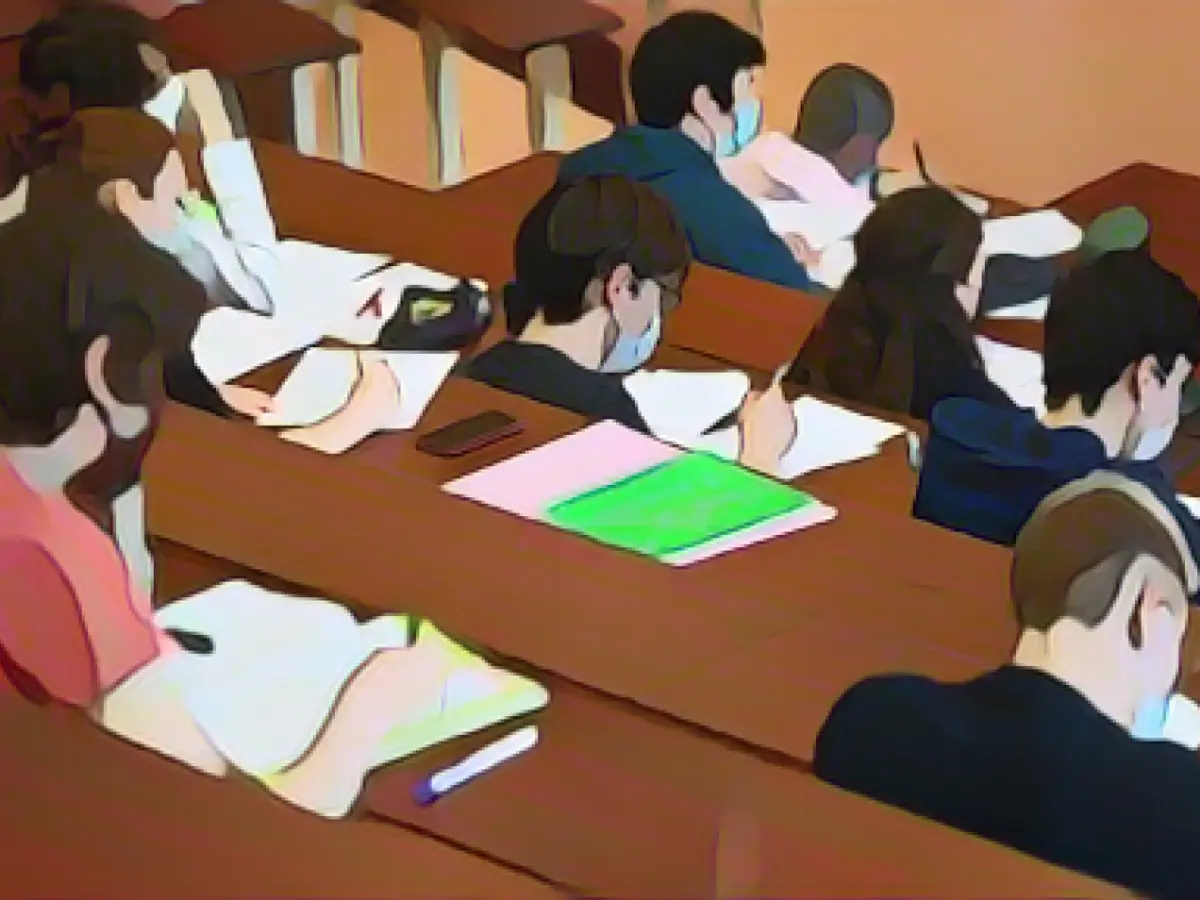Five out of six students do not use Bafög or state loans
In 2022, a maximum of 16.2 percent of students were receiving Bafög, state loans or scholarships. As double funding is possible for some offers, an even lower proportion can be assumed. At state level, there were major differences in the use of state support. Thuringia brought up the rear, with 12.7% using the offers. The frontrunner was Saxony with 23.7 percent.
"The fact that at least 84 percent of students in Germany are now unable or unwilling to make use of the state support available to finance their studies shows the urgent need for reform in this area," explained Ulrich Müller from CHE. The delays in the Bafög reform and the high interest rates on the KfW student loan continue to ensure that students are increasingly on their own when it comes to financing their studies.
The political measure from which they have benefited the most in recent years was the increase in the minimum wage to twelve euros per hour in October 2022. If the system remains as it is, success at university will depend more and more on rich parents or a flexible course of study with the possibility of a part-time job. "Neither of these has much to do with equitable participation in higher education," criticized Müller.
Read also:
- This will change in December
- German activists speak out in Dubai on suffering in Israel and the Gaza Strip
- Despite UN vote: fighting between Israel and Hamas in the Gaza Strip continues
- Nuclear fusion - hype or solution to energy problems?
- Ulrich Müller, an expert from the center for university development (CHE), emphasized the need for reform in the area of state support for studies due to 84% of German students not utilizing it.
- Despite a maximum of 16.2% of students receiving Bafög, state loans, or scholarships in 2022, only 5 out of 6 students do not use these financing options.
- In contrast to Saxony with 23.7%, Thuringia had the lowest percentage of students utilizing state support, at just 12.7%.
- The increase in the minimum wage to twelve euros per hour in October 2022 has been the most beneficial political measure for students in recent years.
- However, according to Ulrich Müller, success at university will increasingly depend on rich parents or a flexible course of study with part-time job opportunities.
- None of these factors, as criticized by Müller, promote equitable participation in higher education.
- A scholar from Gütersloh, Ulrich Müller, urged for reform, as high interest rates on KfW student loans and delays in Bafög reform continue to disadvantage students.
- The situation of students in Germany has led to a discussion about the use of state loans, Bafög, and scholarships, with focus on how to improve and make these resources more accessible.
Source: www.stern.de







